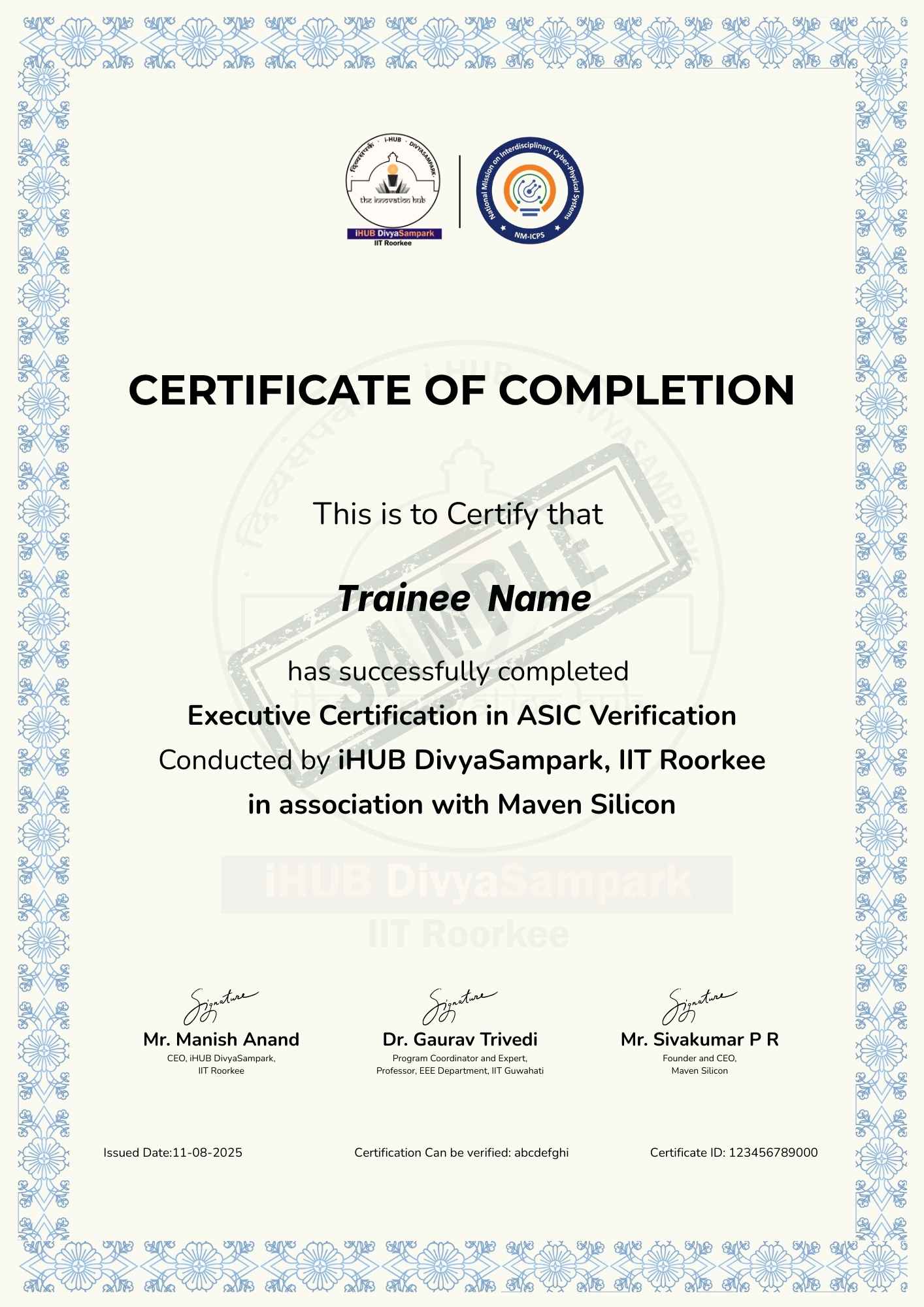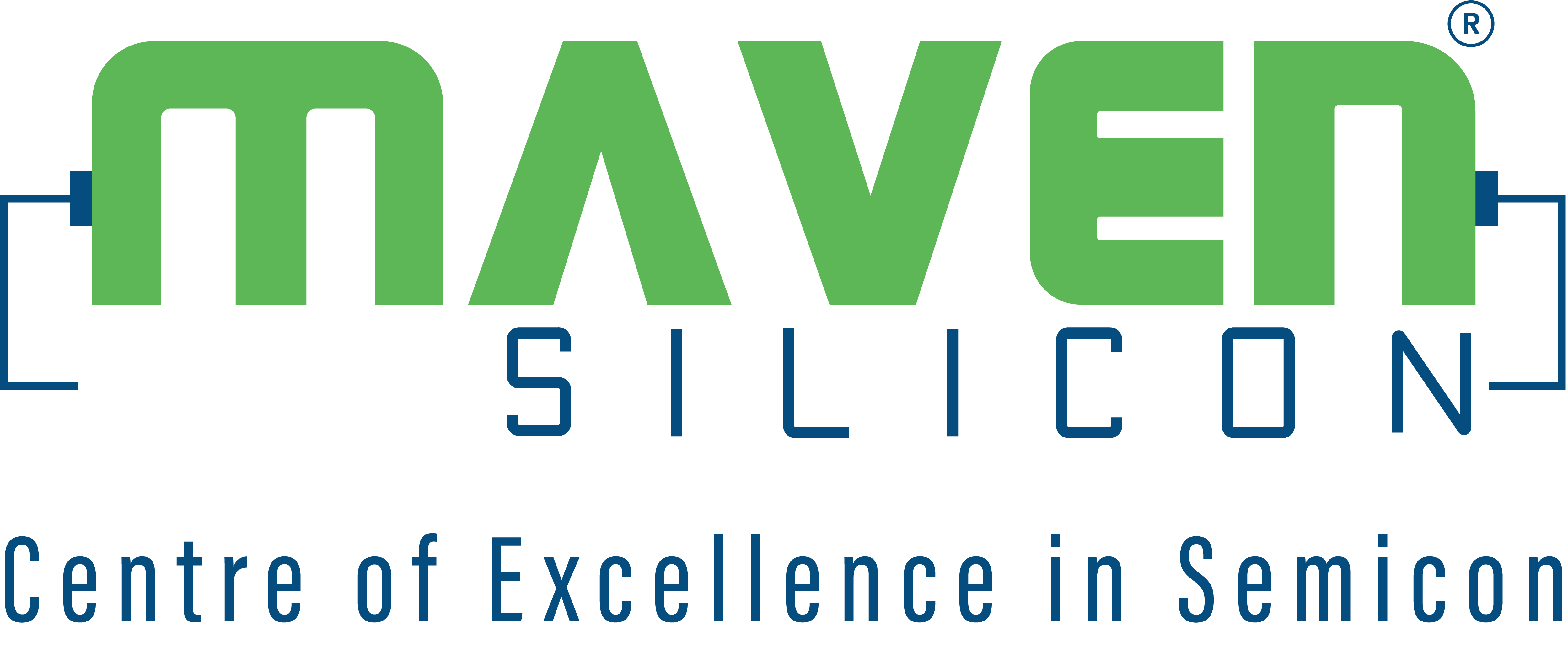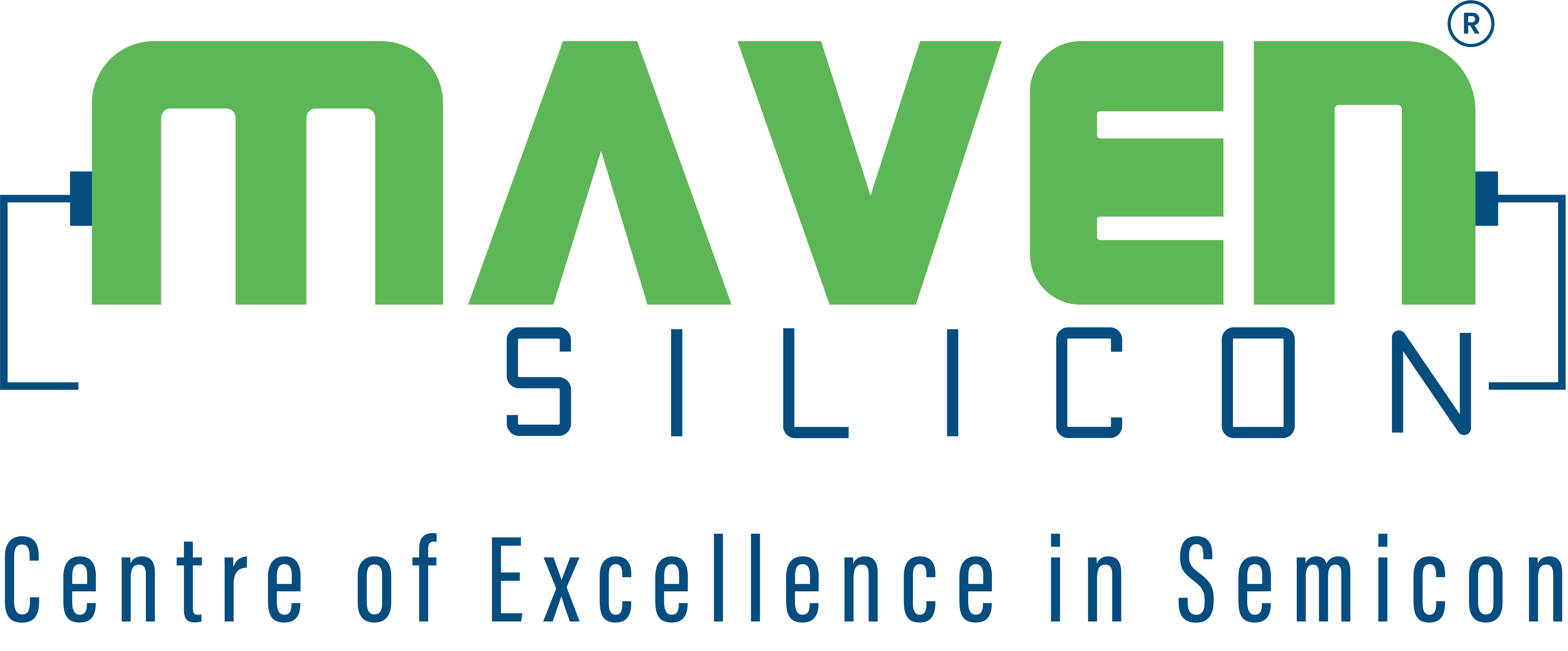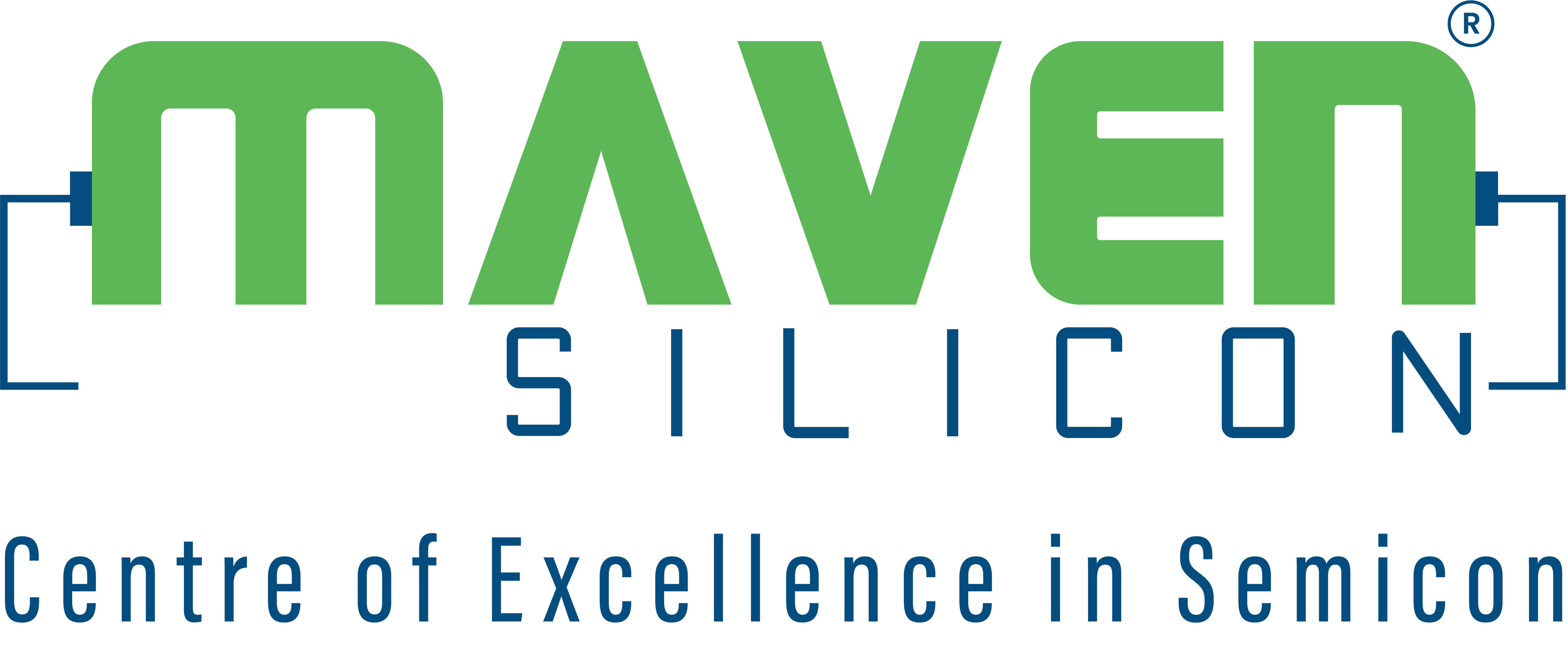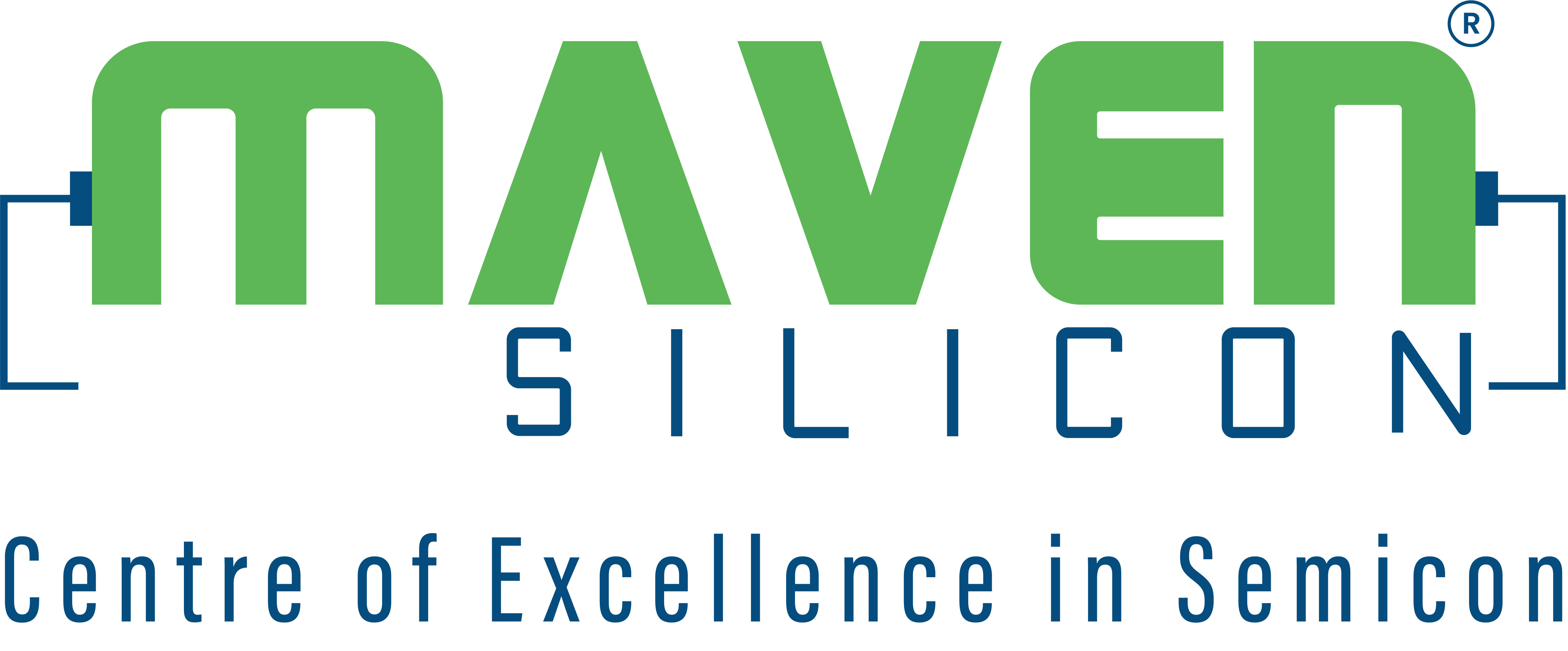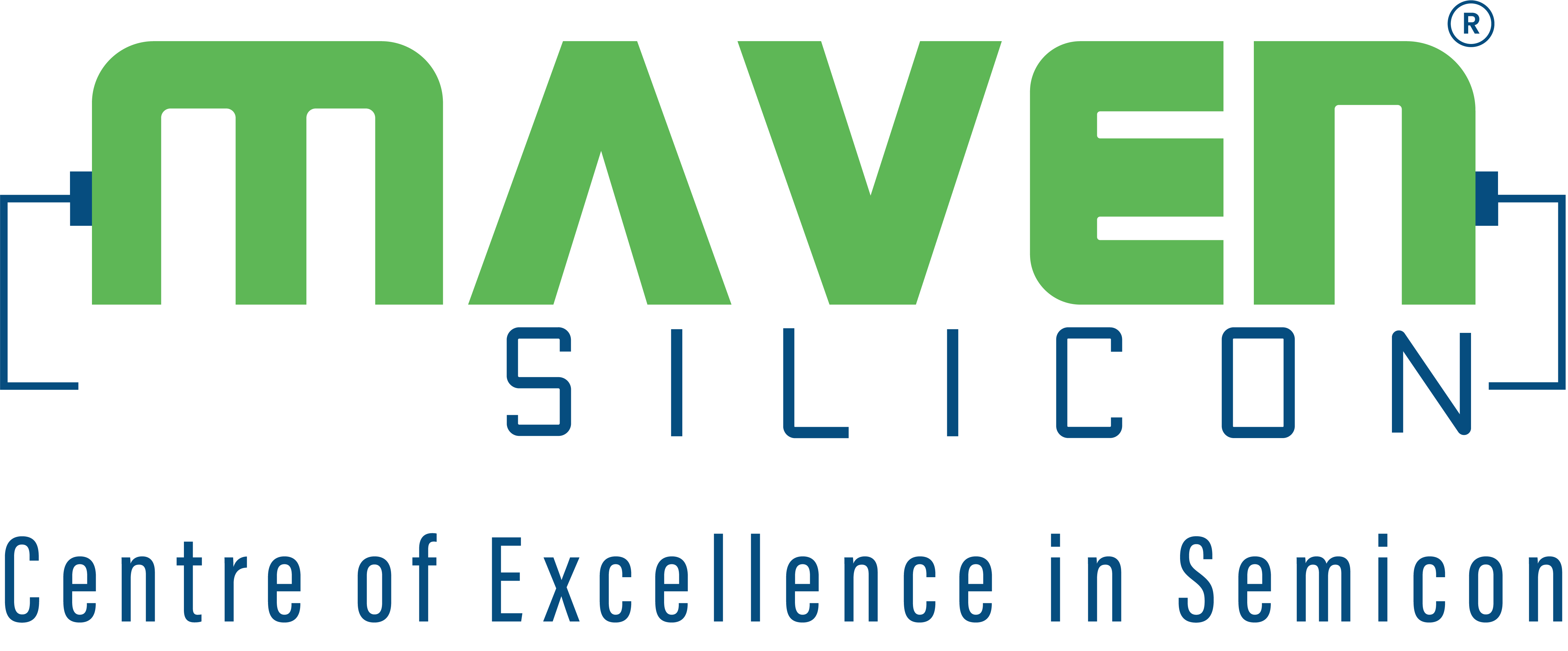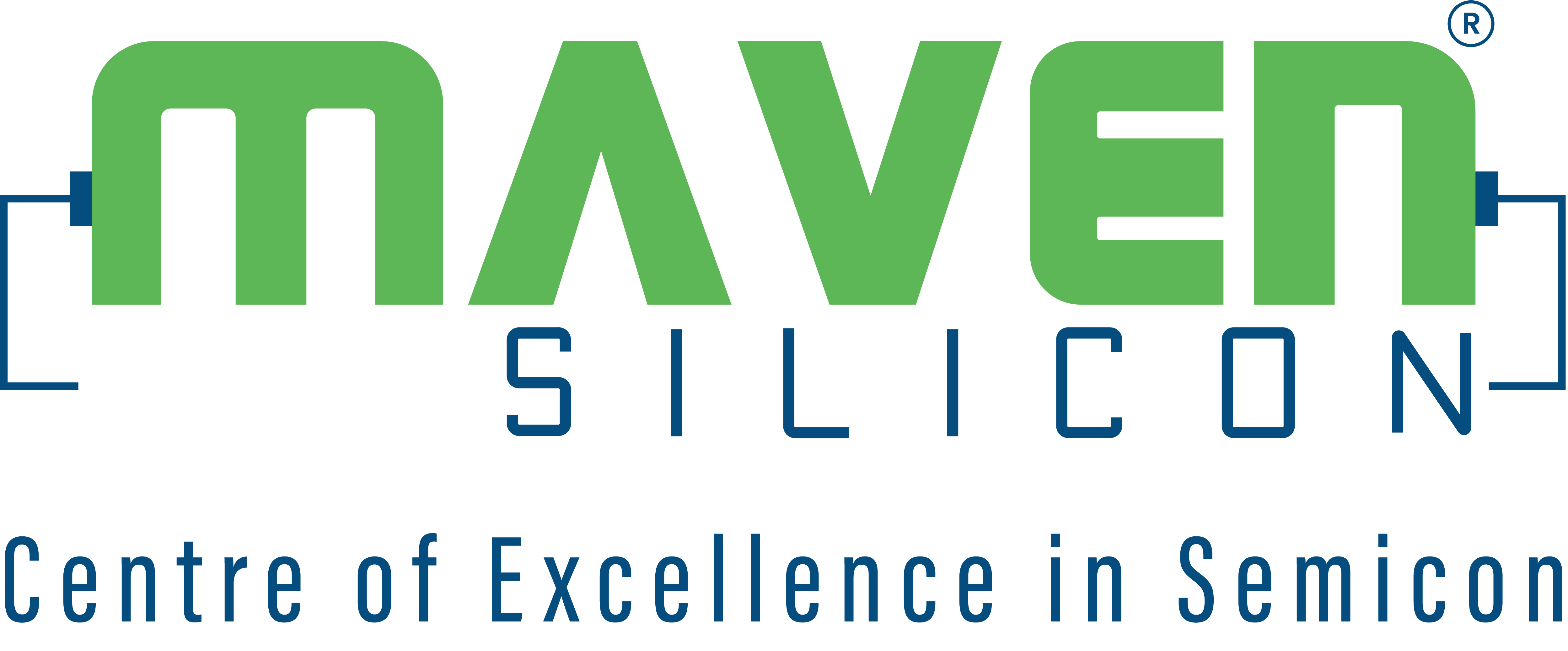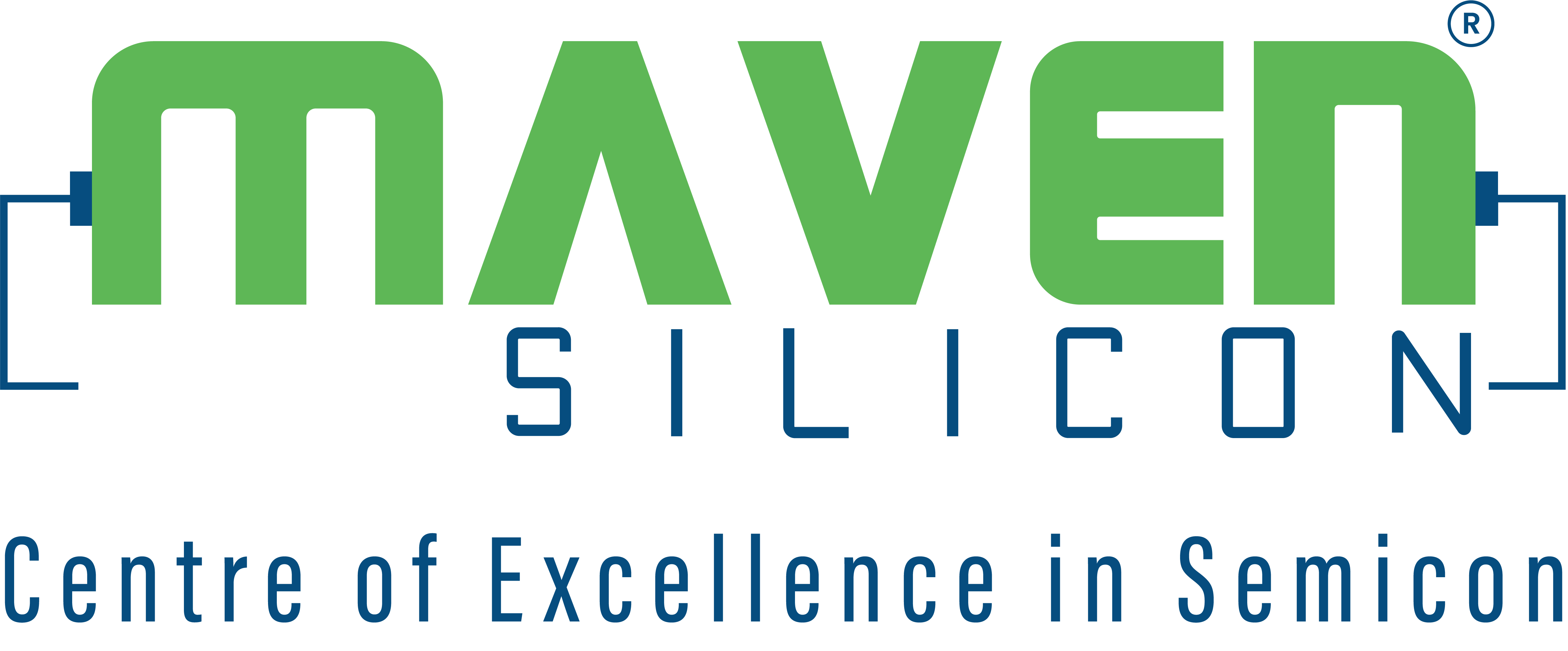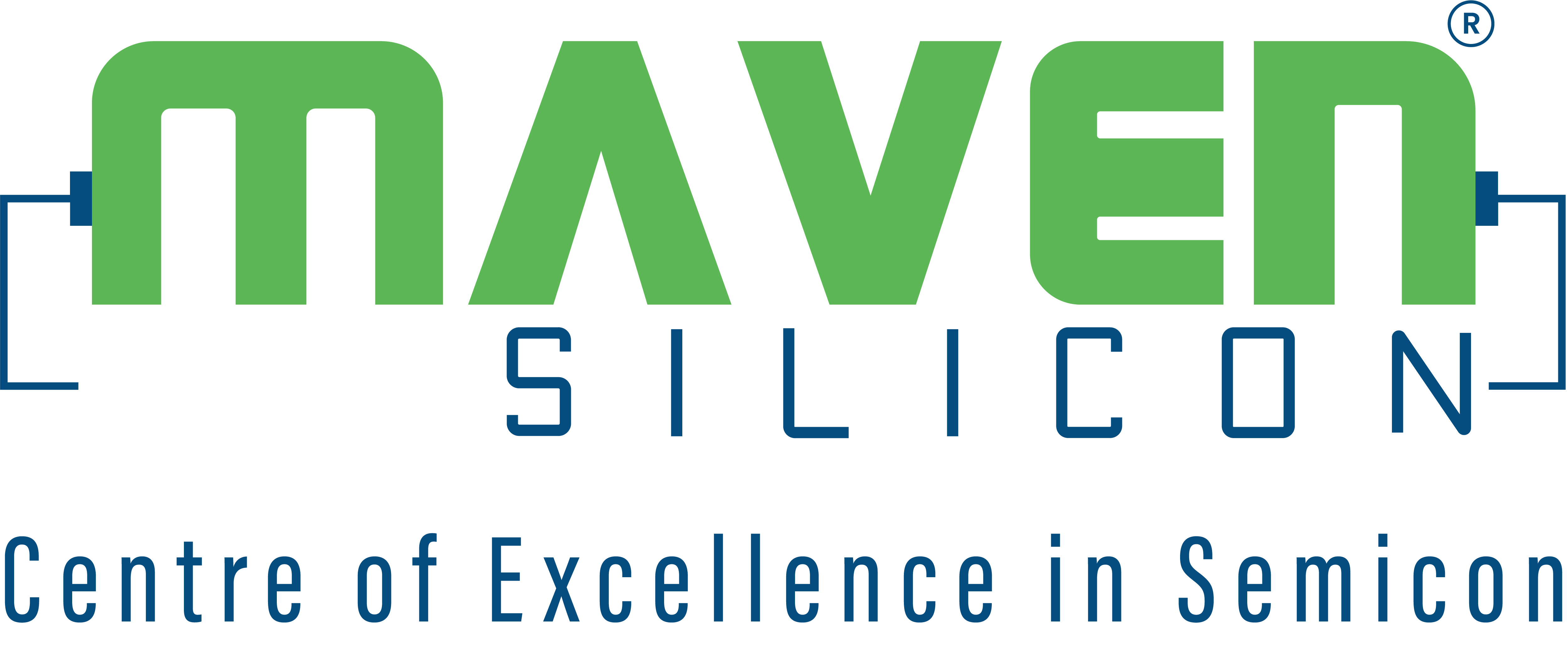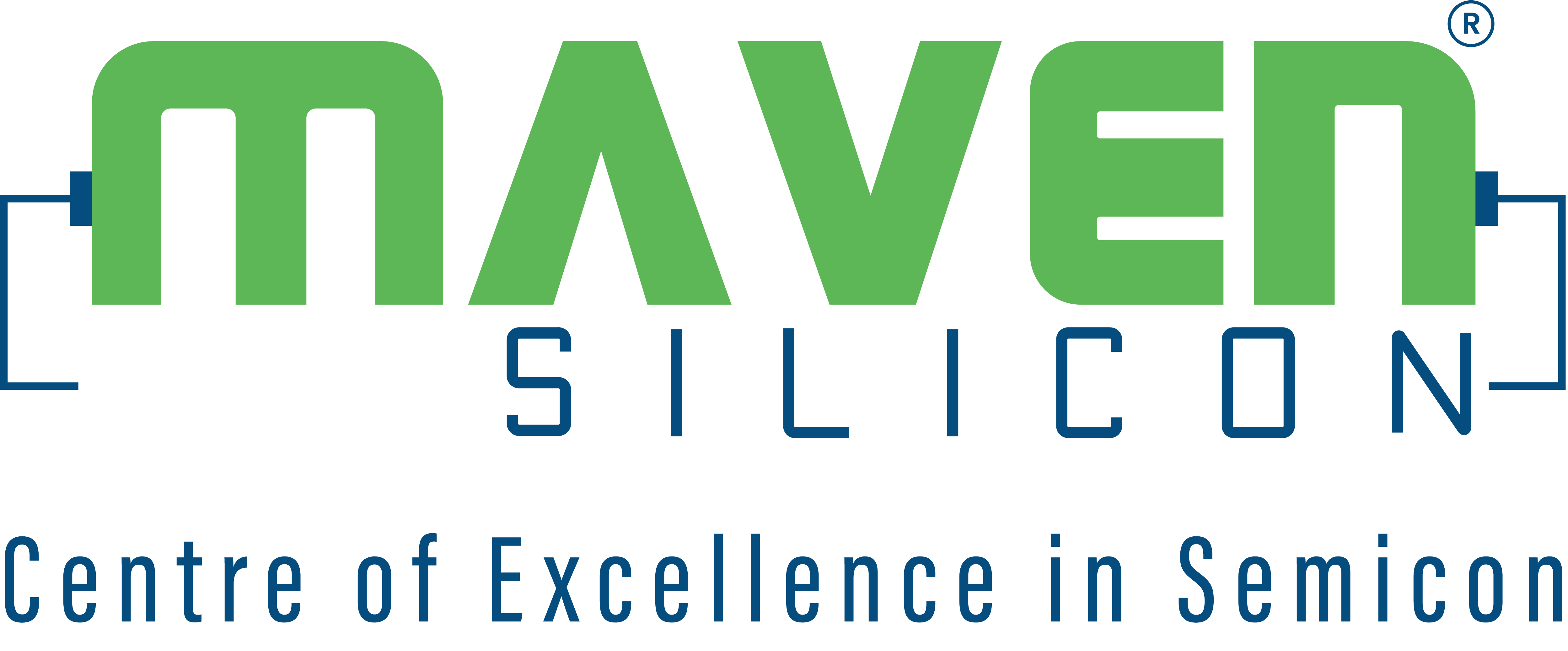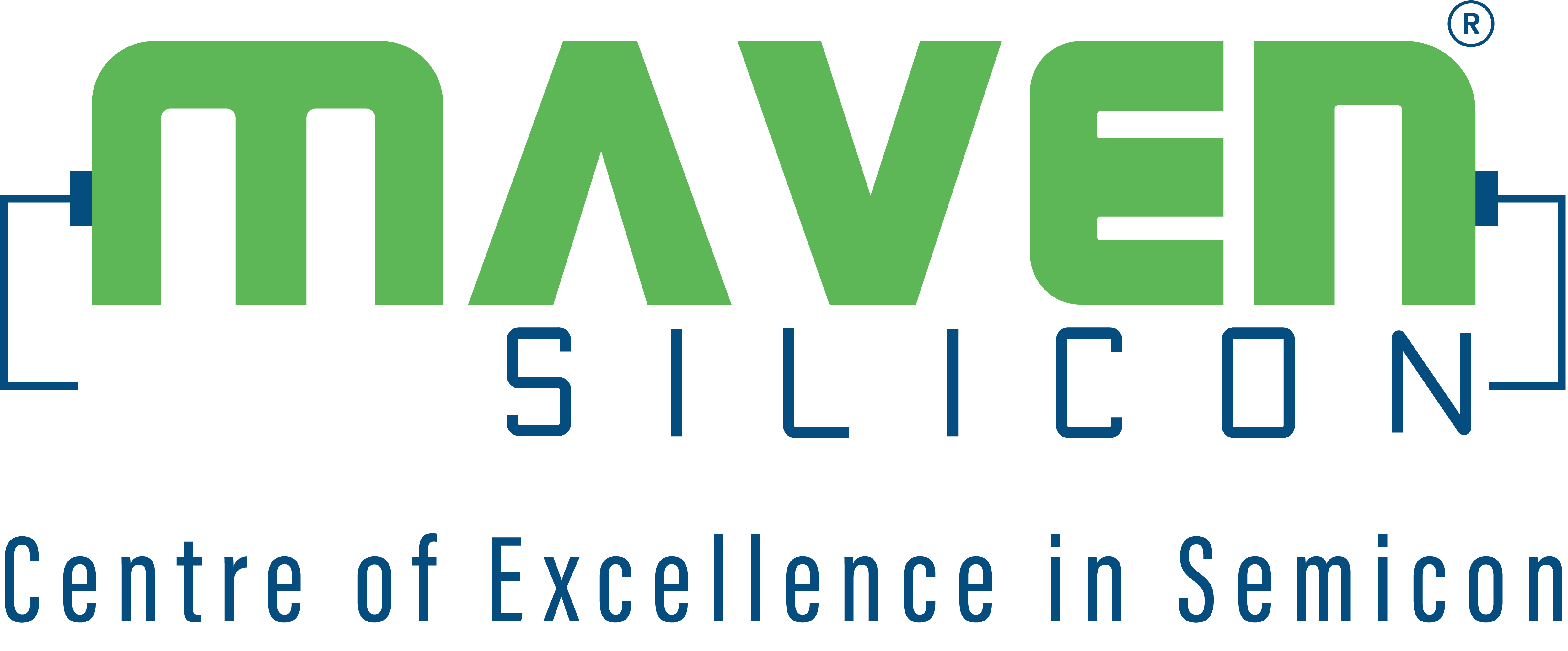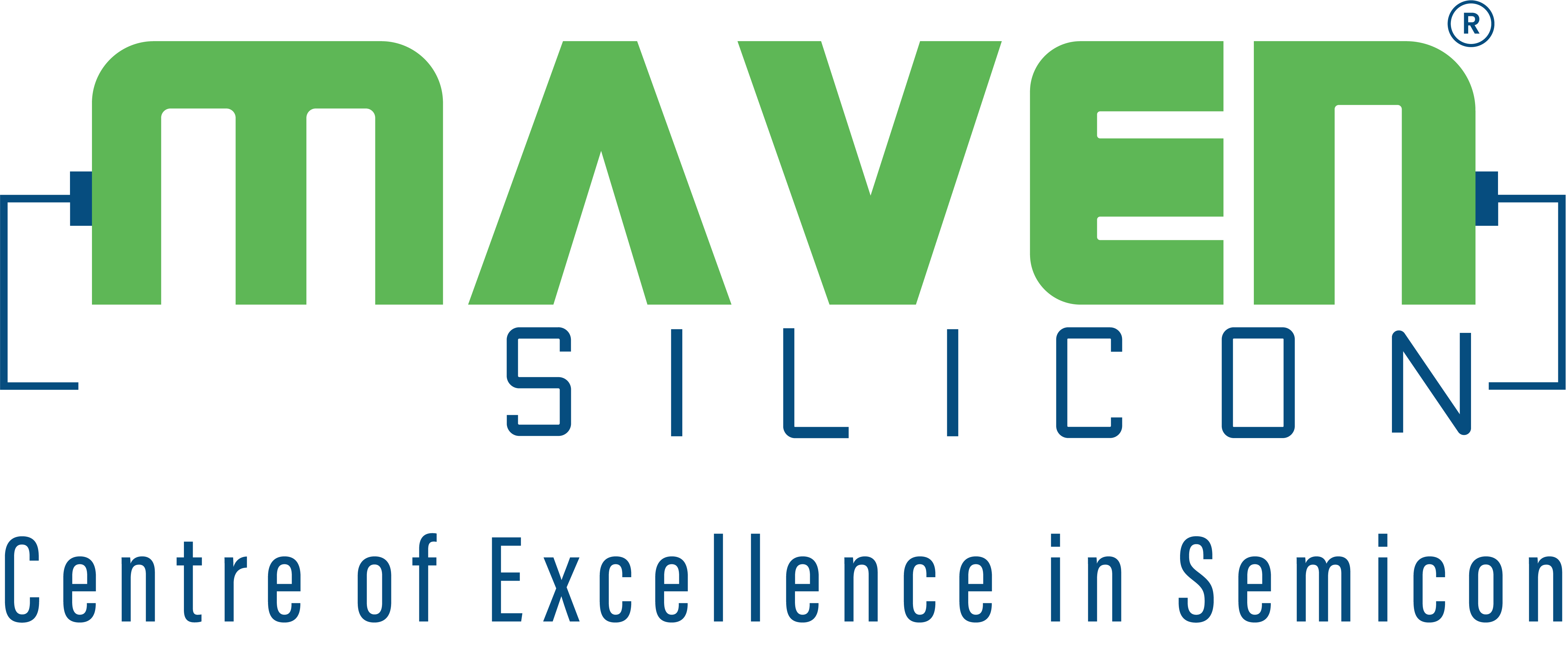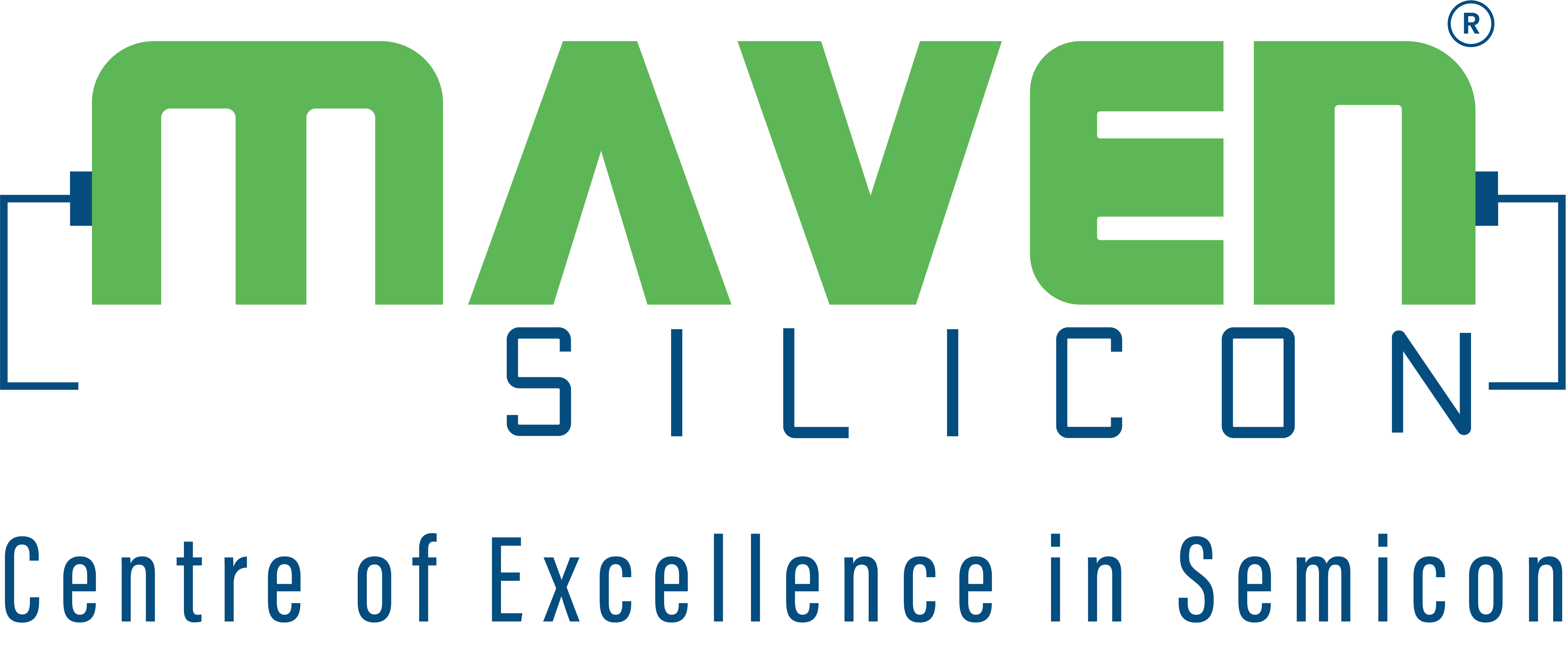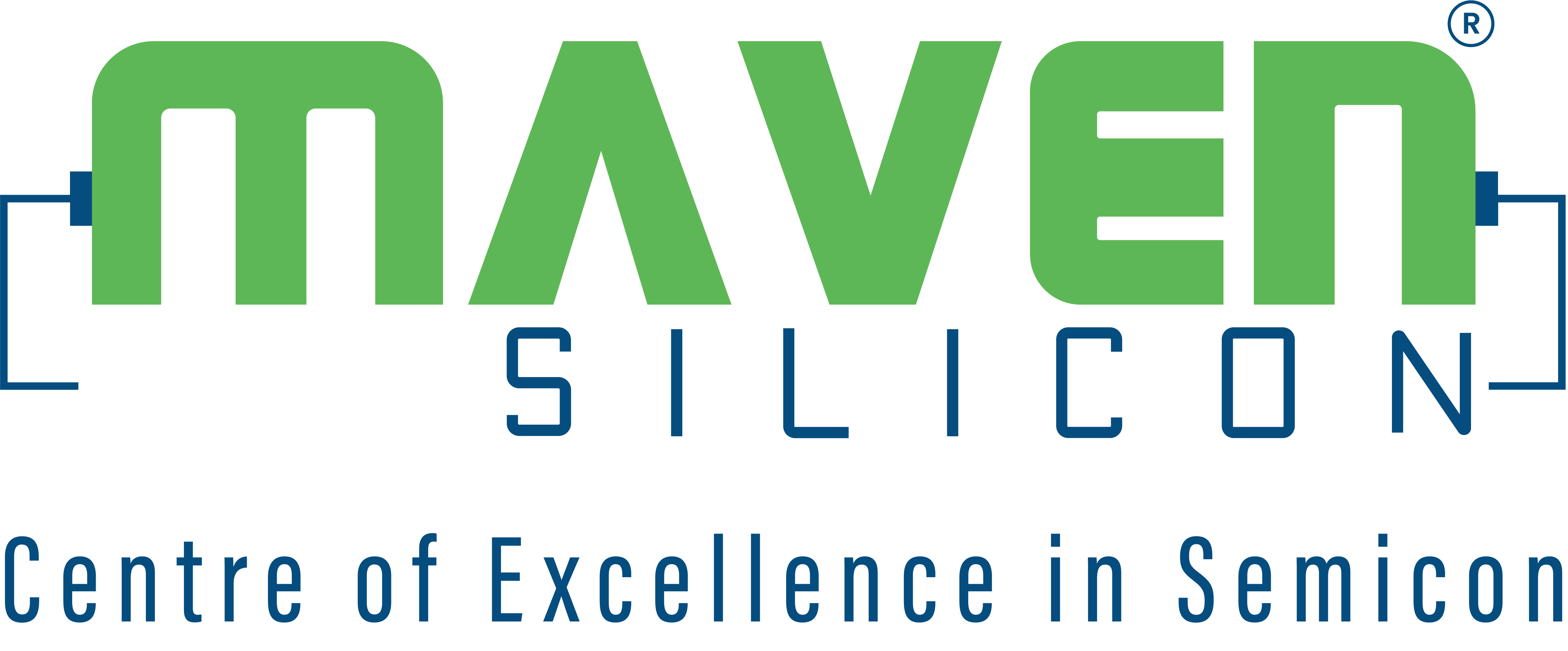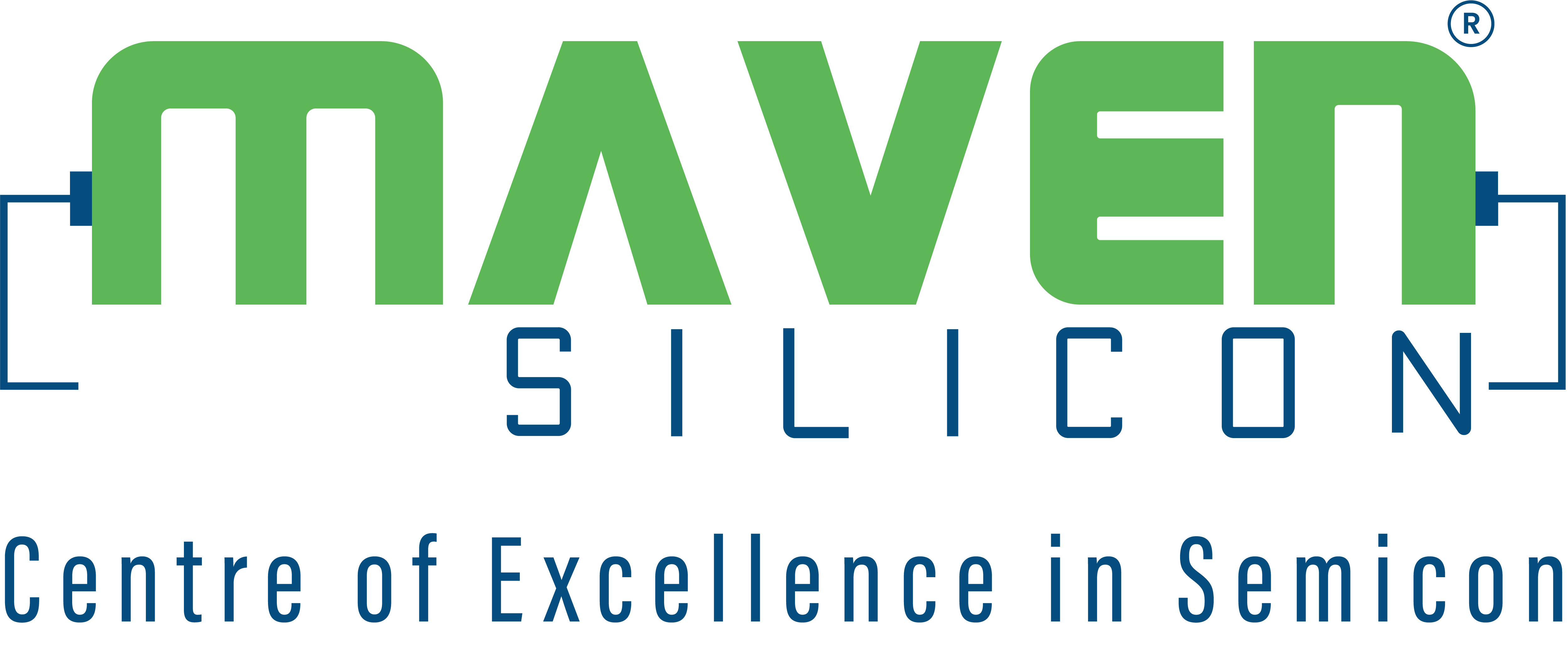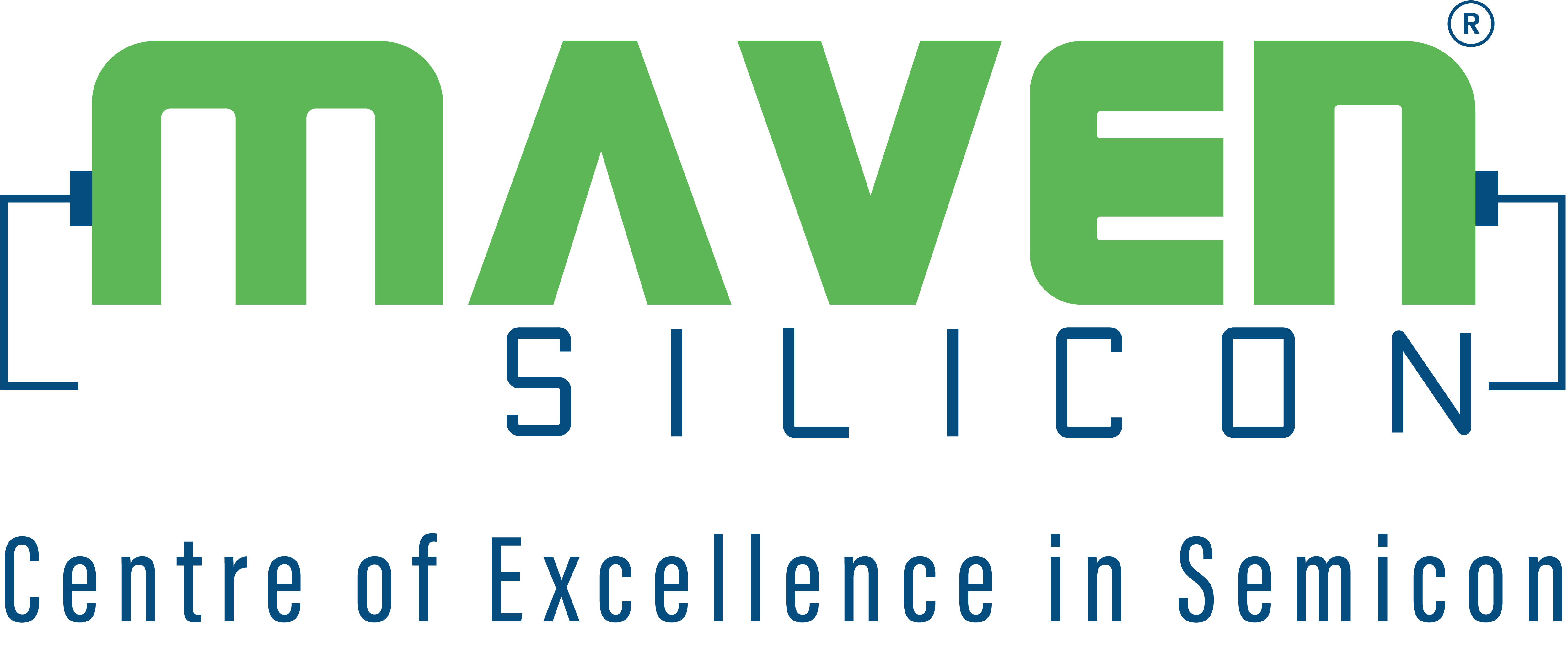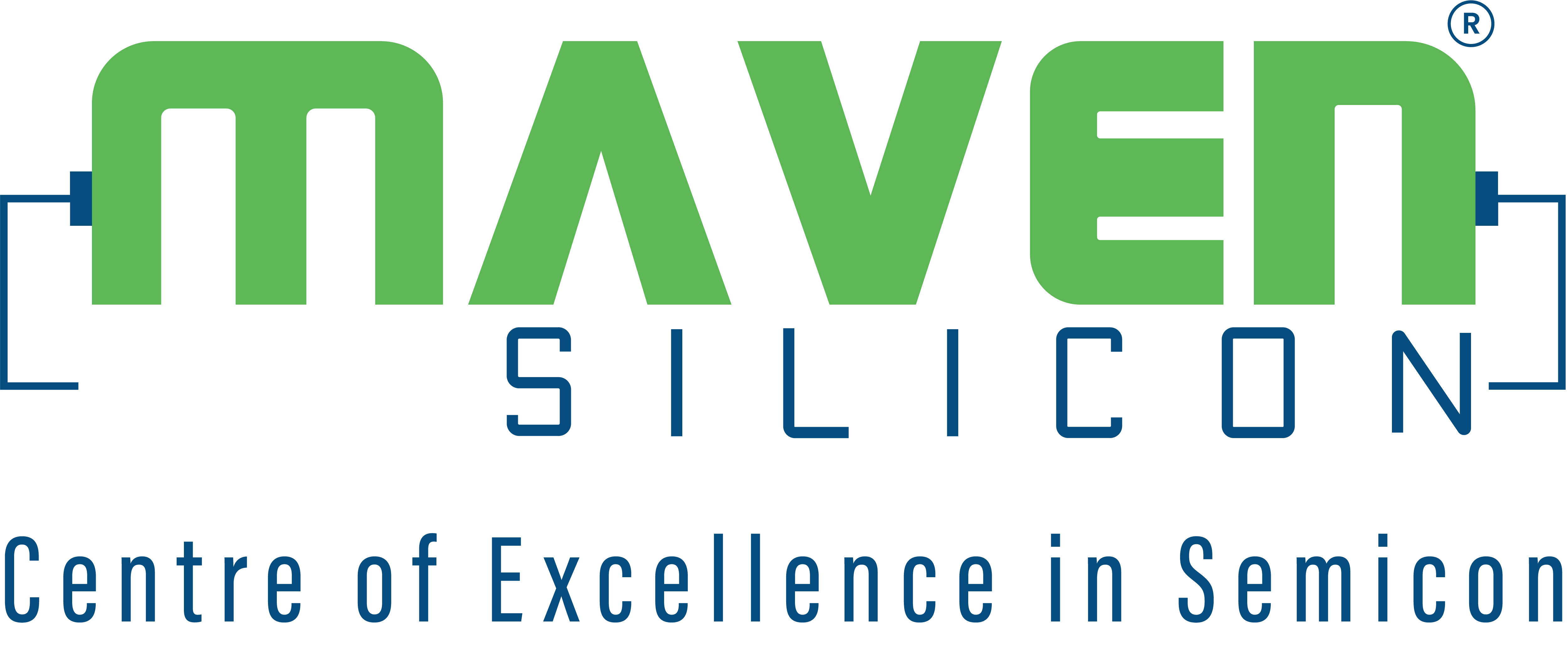
Executive Certification in ASIC Verification
About the Course:
In today’s AI era, chip designers have access to AI-powered EDA tools, silicon-proven IP libraries, and open computing platforms like RISC-V Open ISA, enabling them to design powerful, innovative SoCs efficiently. With these advancements, even the most complex SoCs can be realized for next-generation electronic products. However, thorough verification is critical to ensure the success of newly designed chips and systems. This makes it the perfect time for chip designers and VLSI enthusiasts to delve into ASIC verification methodologies and learn how to verify IPs, subsystems, and complete SoCs effectively. The course covers the complete spectrum of VLSI verification skills, starting with ASIC verification methodologies. It progresses to Advanced Verilog, Code Coverage, SystemVerilog, SystemVerilog Assertions (SVA), followed by Formal Verification, including FPV, formal algorithms, equivalence checking, with detailed case studies. The course then explores UVM - covering TB architecture, factory, phases, TLM Ports, sequences, virtual sequences and RAL, Gate-Level Simulation (GLS), Timing Verification, SDF annotation, Debugging, regression, low-power verification with UPF, Portable Stimulus Standard (PSS) for test scenario modelling, SoC verification methodology with various case studies. In addition, it also covers Python for DV automation, C programming for writing firmware SoC testcases, and Generative AI for RTL design and verification - empowering engineers with AI-assisted design and verification capabilities. This hands-on course ensures that the participants build strong foundations in Design Verification – functional verification, low-power and formal verification, GLS, DV automation, and SoC verification, while gaining hands-on expertise through labs, case studies, and real-world verification projects.
Our Students Rate This Course
Trainer
Program Fee
Rs 2,00,000 + GST
Available Seats
100
Schedule
9 Months
Only Few Seats Left
Reviews
Testimonials
NEWS & UPDATES
Career Transitions
55% Average Salary Hike
$1,27,000 Highest Salary
800+ Career Transitions
300+ Hiring Partners
Who Can Apply for the Course?
- Anyone with a bachelor’s degree and a passion for VLSI
- Professionals looking to grow their career in VLSI
- Any IT Professional with a bachelor’s degree looking to transition into VLSI design and semiconductor technologies
- Project/Product Managers aiming to transition into or deepen their understanding of VLSI and chip design
- Engineers who aspire to use industry-standard EDA tools and build their own chips from concept to layout

About Program
At iHUB DivyaSampark, we are driven by the belief that young, innovative minds have immense potential to transform the world. Our core mission is to develop highly knowledgeable human resources with top-order, industry-relevant skills.
Whether you are looking for a career transition, a significant salary hike, or to master specialized knowledge, our programs provide the mentorship and practical exposure needed to achieve successful career outcomes and help you secure roles with our network of 300+ hiring partners
Key Highlights
Our Alumni Work At
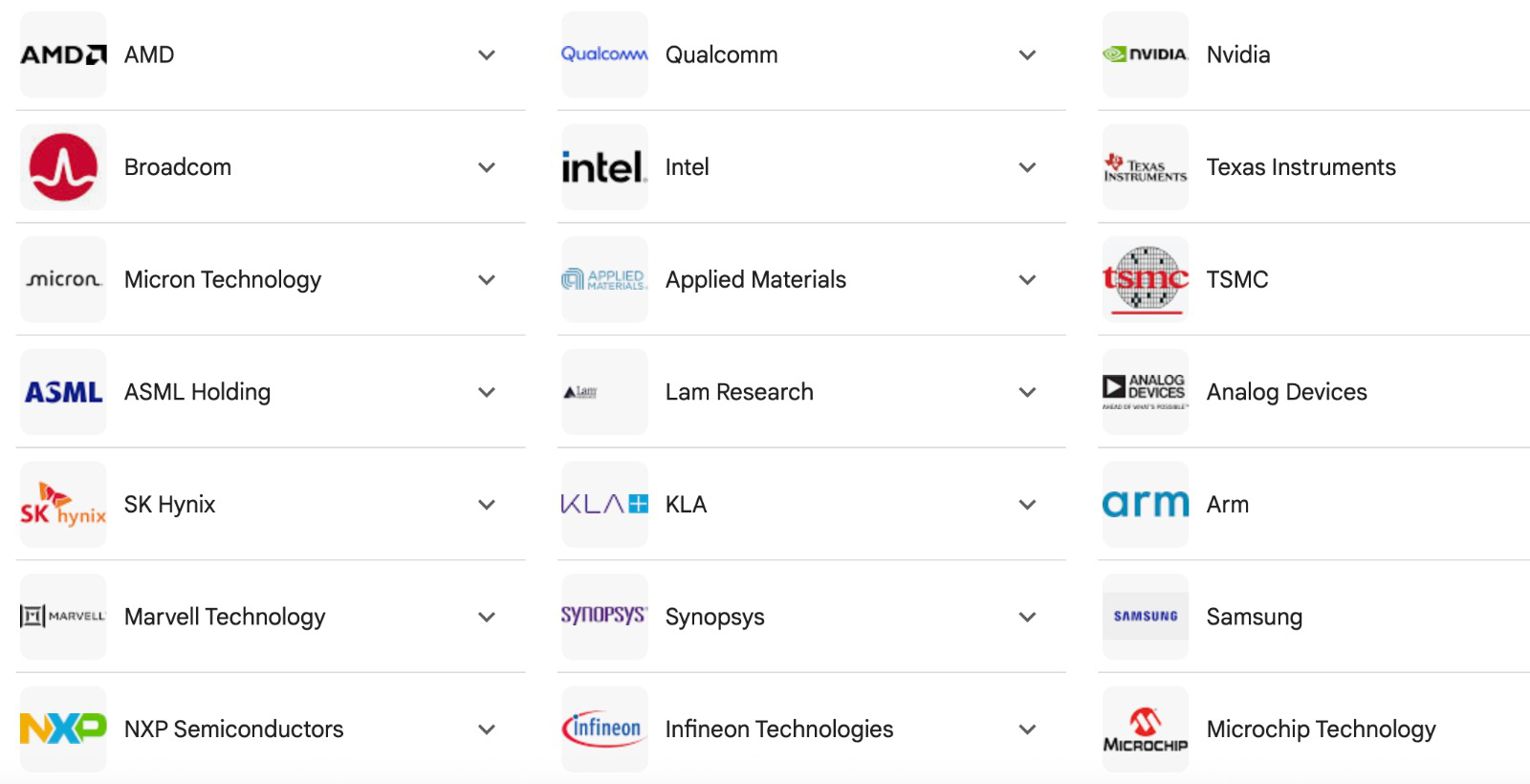
What is included in this course?
- Non-biased career guidance
- Counselling based on your skills and preference
- No repetitive calls, only as per convenience
- Rigorous curriculum designed by industry experts
- Complete this program while you work
I’m Interested in This Program
Courses
Other Courses You Might Be Interested In
Certificate
Rs. 65,000 + GST/-
Advanced Certification in Data Science and AI
Learn Data Science and AI from IIT Faculty with Campus Immersion @ IIT Roorkee
Certificate
Rs. ₹60,000 + GST*/-
Future-Ready Product Management with Applied AI Program
6 Months | 4-5 hours per week
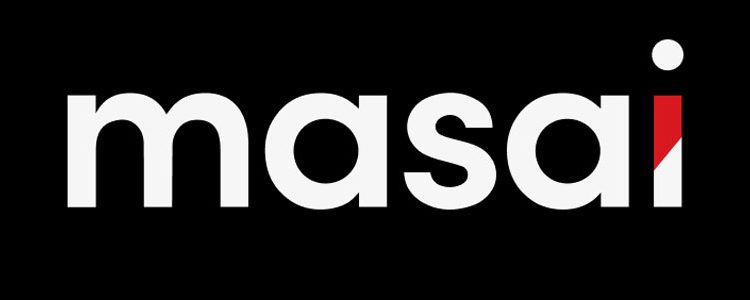 MASAI
MASAI
Certificate
Rs. 2,00,000 + GST/-
Executive Post Graduate Certification in VLSI SoC Design and Verification
12 Months
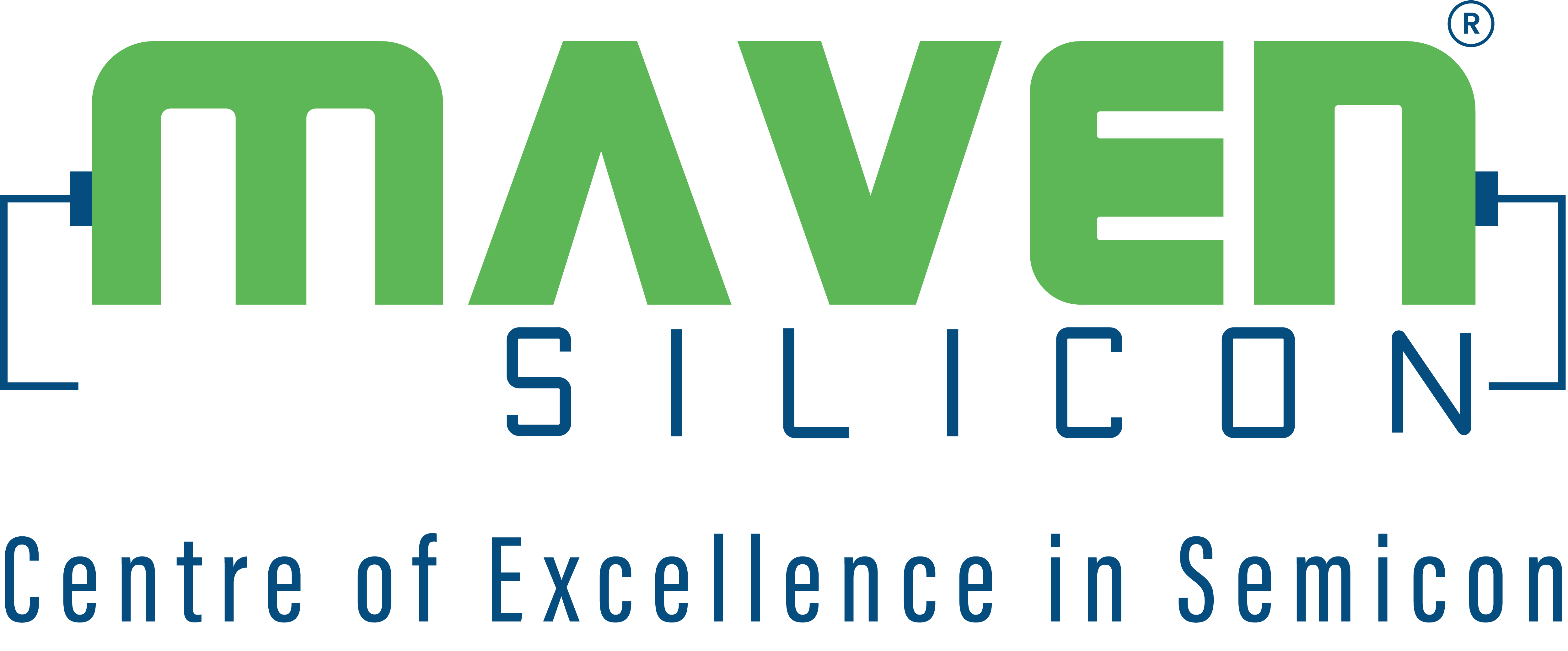 MAVEN silicon
MAVEN silicon

